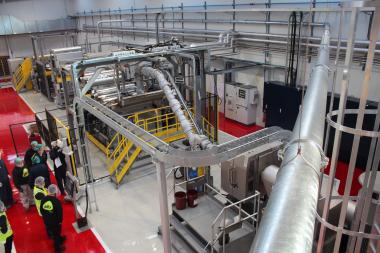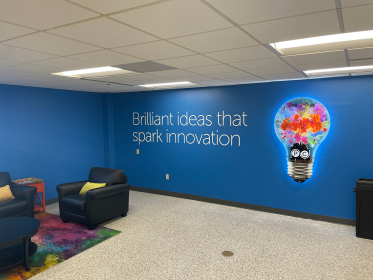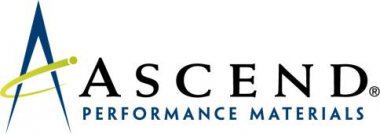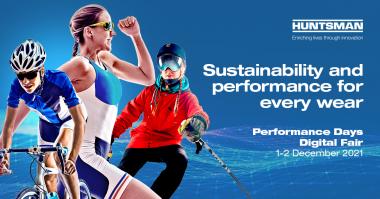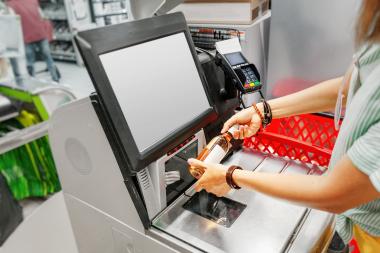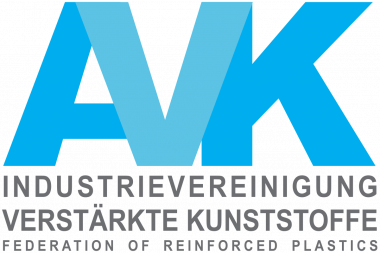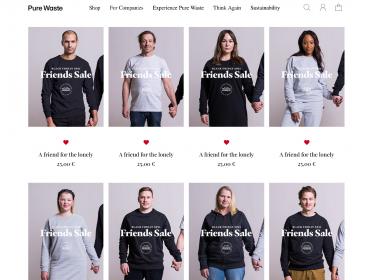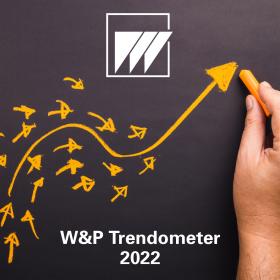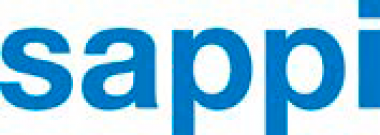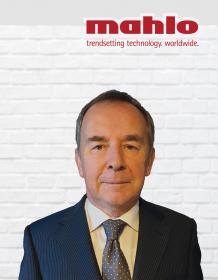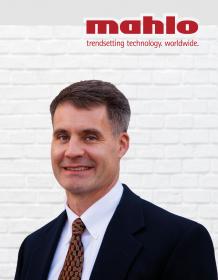Intertextile Shanghai Home Textiles – Spring Edition returns in March 2022
The 2022 Spring Edition of Intertextile Shanghai Home Textiles is set to return to the National Exhibition and Convention Center (Shanghai) from 9 – 11 March 2022. The fair, once again held concurrently with Intertextile Shanghai Apparel Fabrics – Spring Edition, Yarn Expo Spring, CHIC and PH Value, will continue to offer a one-stop trading platform for businesses during the traditional peak sourcing season of the Chinese home textile industry.
The fair provides an opportunity for suppliers to tap into the fast growing Chinese home textiles market and allows prospective buyers to meet their sourcing needs. Following the success of the 2021 edition, which attracted 18,951 trade buyers and 216 exhibitors to participate in this leading industry event, the upcoming spring fair will once more focus on finished products. Nevertheless, a wide range of items are also on offer including bedding & towelling, rugs, table & kitchen linen, home textile technologies, textile design and more.
The Home Textile Products for Campus & School Zone, as well as the Feather & Down Product Zone, will roll out again in the spring show after they were launched in the last edition. The Campus & School Zone was introduced to fulfil the rising market demand for domestic student bedding: “The current demand in China for student bedding is high. There are around 8 million new university students and 16 million secondary school students each year, and nearly all university students and 70% of secondary school students need bedding, equating to over 19.2 million sets needed each year,” Mr Shi Xiangyu, Department Manager at Yantai Pacific Home Fashion Co Ltd, a 2021 exhibitor, outlined.
Helping businesses to reach their target buyers
Ms Weiqing Peng, Trade Department Supervisor of Wujiang City Yunjie Textiles Co Ltd commented on how the 2021 fair has helped them during the challenging times caused by the pandemic: “We treasure this opportunity to communicate with customers face to face. Buyers usually need to touch the fabrics in person. Many domestic companies are enthusiastic about exhibiting here, and we’ve been really busy as many new and old customers came to our booth. This fair is very popular with the whole industry supply chain.” Mr Leo Chen from Yantai Pacific Home Fashion Co Ltd also applauded the fair for helping them to “reach some big brands in China and explore more cooperation opportunities.”
Intertextile Shanghai Home Textiles Intertextile Shanghai Messe Frankfurt Yarn Expo Spring CHIC
Messe Frankfurt (HK) Ltd









